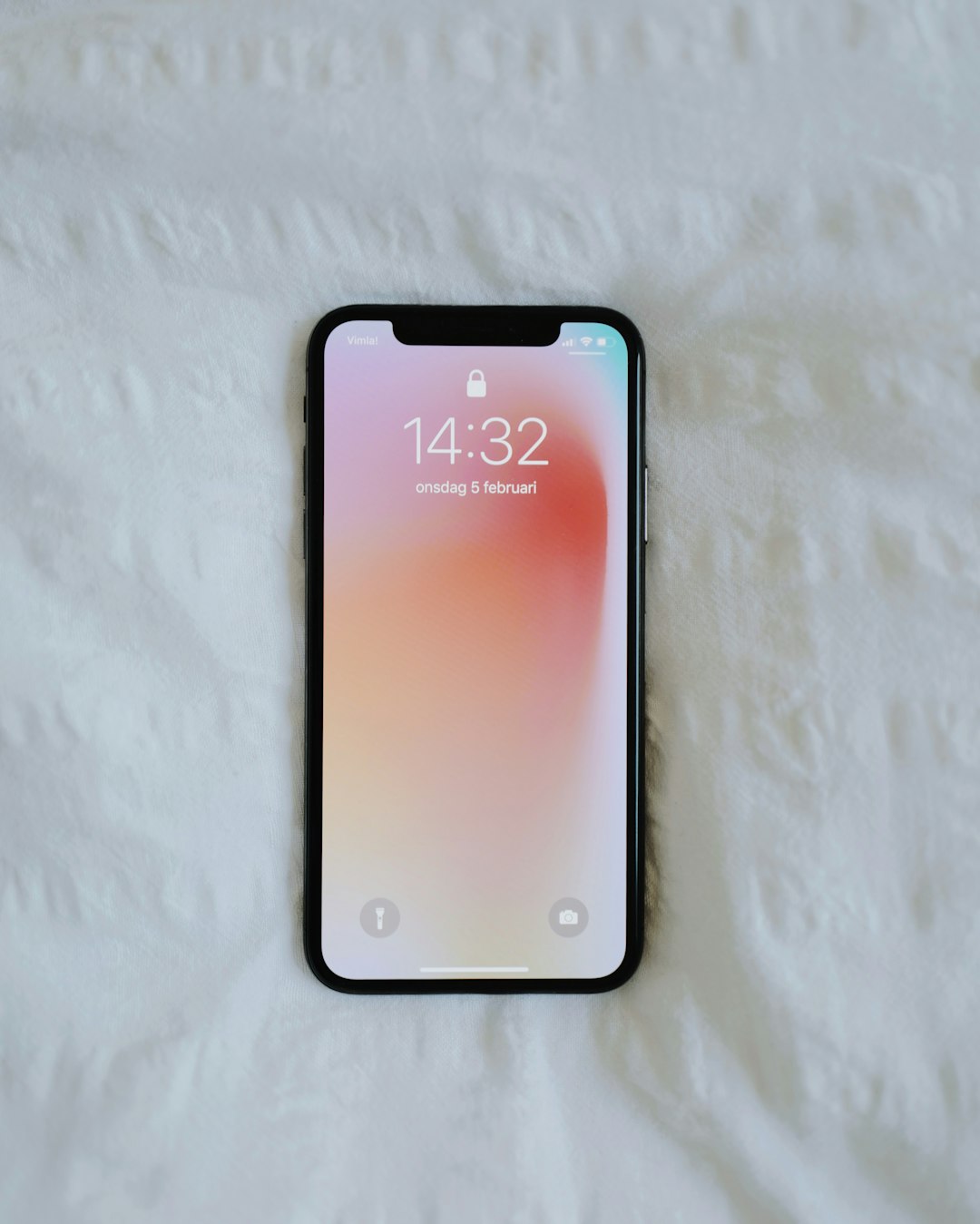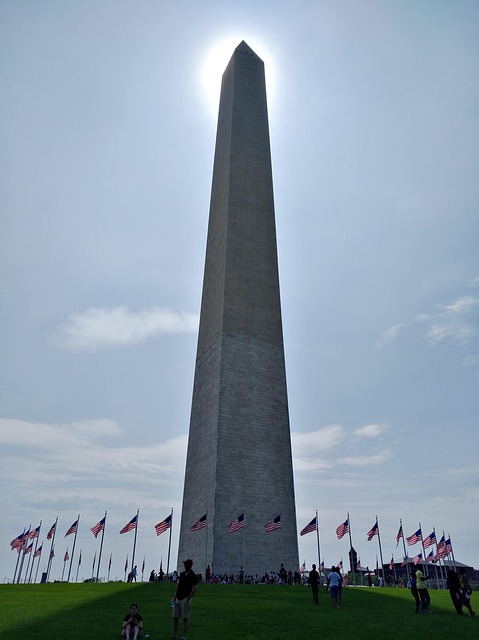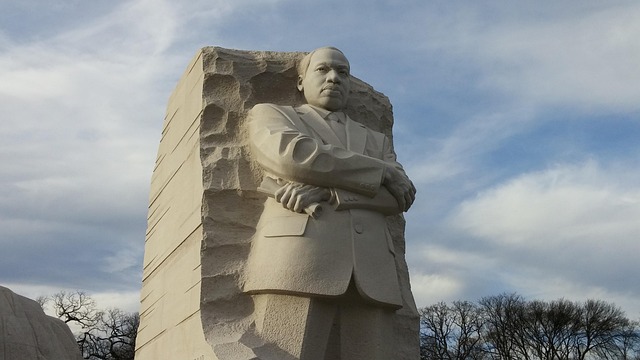In Washington, D.C., strict anti-spam laws like the CPPA protect consumers from unwanted text messages, with businesses needing explicit consent before sending commercial texts or facing hefty fines. To avoid spam text lawsuits, companies should implement robust opt-in processes, verify phone numbers, and keep contact lists up-to-date with clear opt-out options. If a lawsuit occurs, consult a lawyer for Spam Text District of Columbia promptly for legal advice, documentation, and guidance on navigating local regulations, financial impacts, and unique legal arguments.
Staying compliant with anti-spam laws in Washington, D.C. is crucial to protect your business from lawsuits and maintain customer trust. This guide navigates the intricacies of local regulations, offering practical strategies to identify and prevent unwanted text messages. We delve into when to consult a lawyer specializing in spam text cases in the District of Columbia, ensuring you understand your rights and responsibilities. By implementing these measures, businesses can avoid legal repercussions and foster strong relationships with their clients.
Understanding Anti-Spam Laws in Washington, D.C.

In Washington, D.C., anti-spam laws are stringent and designed to protect consumers from unwanted text messages, also known as spam. These laws are part of a broader effort to curb deceptive practices in the digital age. As a business owner, understanding these regulations is crucial to avoid potential lawsuits. A lawyer for Spam Text in the District of Columbia can provide expert guidance on navigating these complex legalities.
The key anti-spam legislation in D.C. is the Communication Privacy Protection Act (CPPA), which restricts the sending of unsolicited text messages for commercial purposes. This means businesses must obtain explicit consent from recipients before texting them promotions or advertisements. Violations can lead to substantial fines, making it essential for companies to ensure their marketing strategies comply with local laws.
Identifying and Preventing Unwanted Text Messages

Identifying and preventing unwanted text messages is a critical step in protecting your business from potential spam text lawsuits in Washington, D.C. As a proactive measure, implement robust opt-in mechanisms to ensure that customers explicitly consent to receiving promotional texts. Verify phone numbers thoroughly before sending any marketing content to avoid unsolicited messages.
Regularly monitor and maintain an up-to-date contact list by providing clear opt-out options in every text communication. Should you encounter or suspect spam text activity, consult with a lawyer for Spam Text in the District of Columbia immediately. Legal counsel can guide your business on how to respond appropriately, including documenting evidence and taking necessary actions to cease and desist unauthorized text messaging campaigns that may have originated from your number.
Legal Recourse: When to Hire a Lawyer for Spam Text Cases

If you’re facing a spam text lawsuit in Washington, D.C., it’s crucial to understand when to involve legal counsel. While some cases may be relatively straightforward and can be handled internally, complex or high-stakes situations require the expertise of a lawyer specializing in spam text laws. In the District of Columbia, these legal professionals are well-versed in the region’s specific regulations and can offer valuable guidance on navigating the legal system.
Hiring a lawyer for spam text cases is particularly recommended when you’re dealing with significant financial implications, potential damage to your business reputation, or if the case involves unique or novel legal arguments. They can help draft effective responses, negotiate settlements, represent you in court, and ensure compliance with local laws, such as those enforced by the Federal Trade Commission (FTC) in the District of Columbia.






